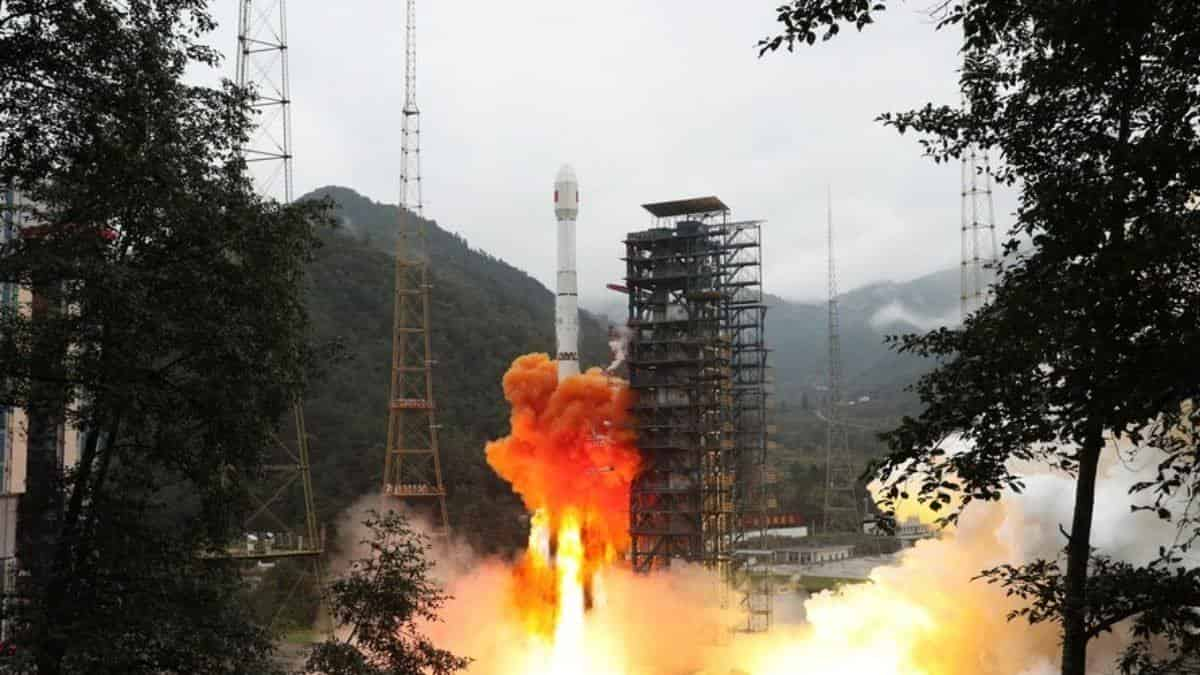China launches a military satellite to test “space debris mitigation technology,” according to Chinese state media
"A geosynchronous transfer orbit" was assigned to the satellite.

China launched a military satellite this week to test its “space debris prevention technologies,” according to state media. On Sunday, the satellite was launched from Xichang Satellite Launch Centre in Sichuan Province, Southwest China. Despite the fact that few data regarding the classified launch were accessible, some state media sources claimed the operation was successful. A video of the launch showed a massive rocket flying off the launch pad into a haze of orange colors over a mountainous or hilly backdrop. Shijian-21 is the name of the satellite carried by the Long March 3B rocket.
According to China Central Television (CCTV), the satellite would be “used for the verification of space debris reduction technology.” The launch was a “perfect success,” according to the China Aerospace Science and Technology Corporation, a state-owned company that designs, manufactures, and launches space hardware. The satellite reached its target orbit. However, it did not specify which orbit the spacecraft had entered. According to SpaceNews, the satellite was placed in “geosynchronous transfer orbit.” Here’s where you can watch the launch.
The Chinese mission took place in the midst of a worldwide push to reduce space junk or develop technology to do so. The satellite is anticipated to attract interest from outside China because the space debris mitigation technologies are “dual-use,” with civilian and military uses. Though Chinese official media said that the flight was to test space debris cleaning technology, the same capabilities may be used to damage adversary spacecraft.
China’s space program has recently been under increased criticism, particularly after it let a rocket fall back to Earth uncontrollably. Although the rocket fragments disintegrated over the Indian Ocean, there was much conjecture about where the 18-tonne item would land. To strengthen its worldwide status and technological might, the country has committed billions of dollars in space exploration.

